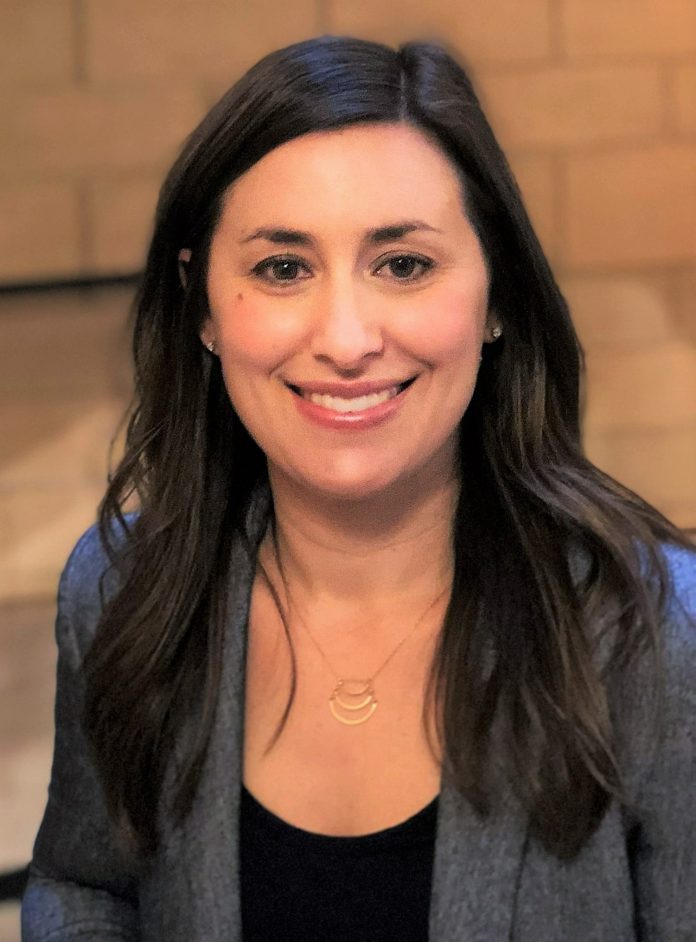Chief learning officer and founder of Professional Learning Partnerships Julia Skolnik is bridging the gap between the science of learning and education.
She has personally worked with Bristol Township School District for many years when she led national professional development programming at The Franklin Institute Science Museum. Now with her company Professional Learning Partnerships, Skolnik is bringing the power of brain science to educators and leaders across Bristol Township School District along with other partner districts in the region, including Bensalem Township and Centennial school districts.
The Science of Learning series is the foundation of her professional development workshops. In this series, teachers learn what scientists understand about how cognitive and social-emotional learning works in the brain, and how to apply this in their practice.
“I continue to see a disconnect between current science related to the brain and learning, and traditional teaching practices,” said Skolnik. “Understanding key ideas from brain science empowers teachers to create more memorable and meaningful learning experiences for students.”
There are many myths about learning, said Skolnik, that have permeated educational training for the past 50-plus years. One of these myths is that individuals learn more effectively when they receive information in their preferred learning styles, such as visual or auditory. However, there is no scientific evidence to support the idea that people learn best through specific learning styles.
Skolnik’s Science of Learning series debunks this myth along with others, teaching that in order for students to retain what they learn in long-term memory, engaging multiple senses and making connections to prior knowledge during learning is more successful. When teaching a lesson, students learn more effectively when they can see, hear, touch, discuss and apply ideas to build deeper understanding, not just one or the other. Connecting to students’ interests so they care more about the lesson is another way to create meaningful learning.
Skolnik also highlights the importance of normalizing the struggle of learning.
“All learning involves some kind of struggle, whether you’re a student or an adult,” she said. “We need to normalize this struggle and remind students that it takes everyone time and practice to learn.”
In addition to the Science of Learning series, Professional Learning Partnerships is providing the Science of Learning and Innovation to a group of Truman High School teachers who have been involved in learning about brain science for years. Another program for high school teachers and administrators is the Think Tank Innovators, which focuses on identifying student needs and collaboratively innovating solutions using the brain science behind those needs. New teachers across the district will participate in the Science of Learning Teacher Induction programming that establishes a strong understanding of how students learn and practice research-based strategies for engagement.
“Understanding the science of how we learn can empower everyone to do their jobs better as students, teachers and leaders,” said Skolnik. “Learning about brain science also builds more thoughtful leaders as they discover what motivates staff and keeps them engaged.”
The Science of Learning and Leadership series for administrators and coaches will help leaders understand the science behind what people need to succeed when working in a school or district. Skolnik said this series aims to help leaders identify a clearer district vision, establish trust and agency with staff, and choose curricula and programs that excite teachers and provide more engaging learning experiences for students.
For the 2021-22 school year, Professional Learning Partnerships will work with BTSD teachers to co-facilitate brain activities for elementary students and co-host family brain nights for families, so they can experience this learning together, as well.
“I’m thankful for the opportunity to support the Bristol Township School District community,” said Skolnik. “Professional Learning Partnerships’ priority is to deeply invest in our school and district partners’ staff, students and communities, to create long-lasting and meaningful partnerships for years to come. I know social emotional learning, as well as achievement and empowerment for students, are some of the main goals of BTSD right now, so we’ll do anything we can to support those goals.”
The district is looking forward to working with Professional Learning Partnerships to promote student and staff growth.
“Through these professional development opportunities, staff will be better equipped to develop engaging lessons that help students reach their highest potential,’ said Audrey Flojo Colletti, state and federal programs coordinator of BTSD.
Visit learningpartnerships.org/ for more information.


